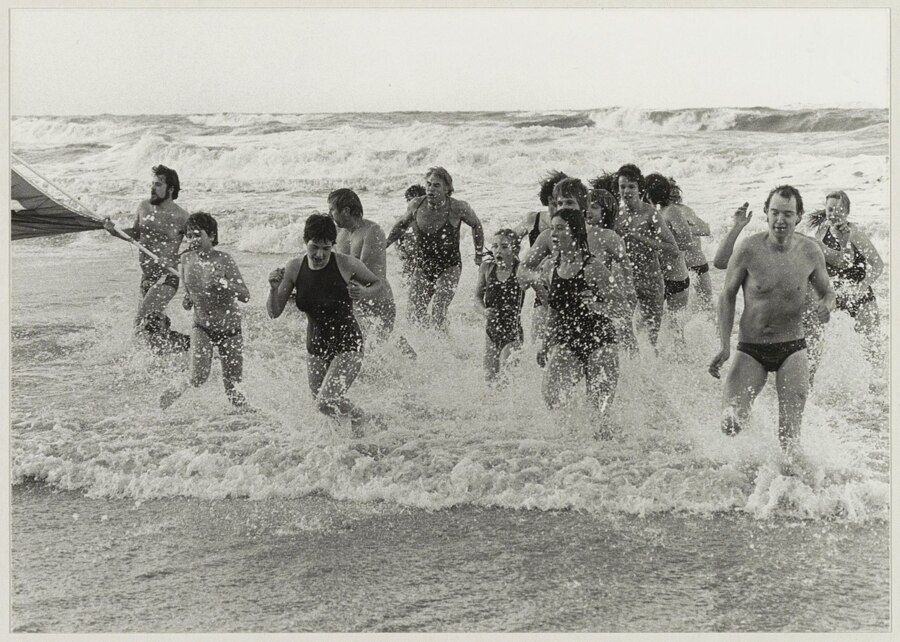Sayings or proverbs are phrases that have been passed down from generation to generation and have a hidden moral or teaching. Each language will have its own proverbs that will usually have their origins in the country’s history. We use these proverbs in our daily life, but proverbs are a lot more than a phrase with figurative meaning, they belong to the collective wisdom of a culture.
When these proverbs are translated into another language the results are often very funny. We have made a small compilation of our favorite Dutch proverbs translated to English and their meanings and origins.
1. To fall with the door into the house
Original: ‘Met de deur in huis vallen’
Meaning: To get straight to the point. The Dutch are known for being very direct and dislike beating around the bush. This phrase is used to indicate that something is going to be said very directly. Originally, this proverb indicated that someone stepped into someone's house without knocking or asking.
2. Now the monkey comes out of the sleeve
Translation: ‘Nu komt de aap uit de mouw’
Meaning: Similar to the English expression “to let the cat out of the bag”; the moment that a hidden motive or the truth behind something is revealed. Rumor has it, that this saying has its origins in the 17th century. Street artists would often perform tricks, by hiding a monkey in their coats. At the end of the performance the monkey would “come out of the sleeve” and reveal the trick! In any case, the saying already appears in seventeenth-century travel journeys, so it could also be said that the "monkey" and the "sleeve" should be seen more as a kind of metaphor. We will leave it up to you to believe this story or not!
3. He/she/they are a hero on socks!
Translation: ‘een held op sokken’
Meaning: Someone who wants to make it look like they are tough, but in reality, they are afraid of everything. Just like the previous saying, the origins are based on assumptions. Back in the day it was common for Dutch people to wear wooden shoes, but these would rarely be of good quality. When faced with a confrontation, the hero would take off their shoes and run with bare socks!
4. Mustard after the meal
Translation: ‘mosterd na de maaltijd’
Meaning: this phrase emphasizes that something has come a little too late when it is not needed anymore. Just like someone receiving mustard right after finishing their meal!
5. The best steersmen are ashore!
Translation: ‘De beste stuurlui staan aan wal’
Meaning: the spectators can always do better than the performers. Often, onlookers or outsiders think they know better than those who must perform a task. The proverb is addressing know-it-alls, as ‘’ best steersman’ is meant mockingly.
At Middle Point we have chosen just a handful of our favorite sayings, but there are more then 500 proverbs in the Dutch language. What is your favorite proverb in your native language?





